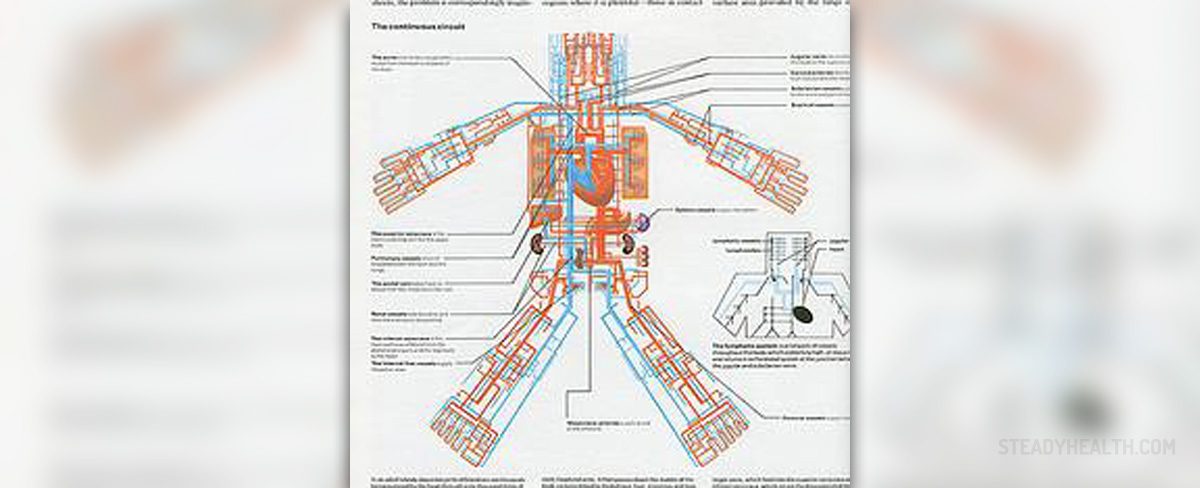
Cardiovascular system, also known as the circulatory system, is an organ system that plays some of the most important roles in the human body. This system passes the nutrients, gases, blood cells, hormones, and all other essential compounds, to every living cell in the body. It also helps to remove all the products of cell metabolism and helps to fight diseases and keep the body temperature at its optimum. Many different diseases may affect the cardiovascular system. Very often, the term heart disease is used to refer to this class of diseases that involve problems with heart of blood vessels. Here is a quick overview of some of the most common cardiovascular system disorders.
Aortic Aneurysm
The name of this disease actually refers to any kind of swelling of the aorta. The wall of the aorta is usually weak at the affected spot and stretching of the vessel may easily occur. This is a very serious medical concern associated with great risk of rupture and accompanying internal bleeding, which is a life-threatening situation. In most cases, this disorder does not produce any symptoms. When the aorta becomes severely swollen, the patient may complain about abdominal or back pain.
Angina pectoris
This disease is also known as angina. The term is used to refer to the severe chest pain that occurs because of a lack of blood and oxygen. This shortage in oxygen occurs when there is some kind of obstruction or spasm in the coronary arteries. Angina generally demands urgent medical attention as it may lead to a heart attack. A heart attack is nothing else but the interruption of blood supply to a part of the heart. As a result, the cells in the heart are starting to die.
Arrhythmia
Cardiac dysrhythmia, or simply – arrhythmia, is a term used to describe abnormal electrical activities in the heart that manifests as an anomalous heart rhythm. As a result, the beating of the heart can be very fast or very slow, and sometimes even irregular.
Atherosclerosis
Arteriosclerotic vascular disease or ASVD is a disease in which the wall of an artery thickens as the fatty materials accumulate over long period of time. This results in a chronic inflammatory response in the walls of arteries, hardening of the arteries and loss of their elasticity. In most cases, the first symptom of atherosclerotic cardiovascular disease is heart attack or sudden cardiac death.
Peripheral Vascular Disease
This term refers to the obstruction of large arteries that supply blood to legs and feet. It is usually caused by abnormal cholesterol levels and involves symptoms of recurrent leg pain and cramping.
















Your thoughts on this
Loading...